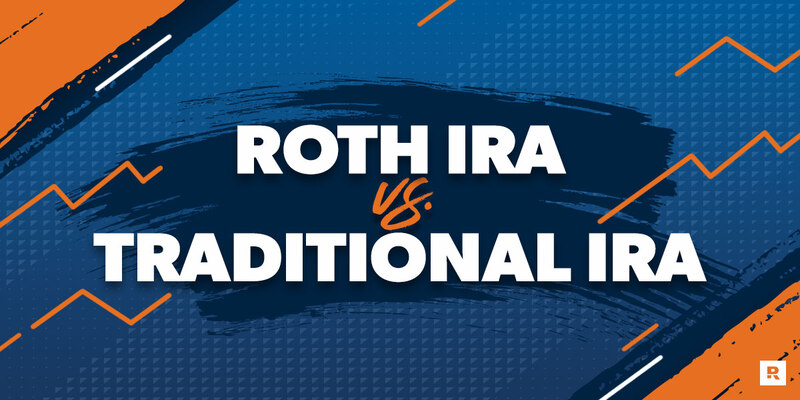A real estate contract may be supplemented with a document known as an addendum. It includes contractual clauses that weren't included in the conventional contract forms that were previously available. The following are some frequent changes that should be made to an offer on a home:
- A request was made to the buyer that the seller pays all or portion of the closing fees.
- A contingency that relies on the successful conclusion of a house inspection.
- A request to finish the necessary repairs on the house
- A request to not take any of the furnishings or even the appliances.
- A conditional that depends on you successfully selling your house, among other things.
- An addendum about the financing that specifies the transaction is contingent upon your obtaining an adequate amount of financing.
The Process Behind Addendums

Let's say you and your family recently went house hunting. Let's imagine that this happened. You have located a home you are interested in purchasing and submitted an offer on it. Fortunately, your financial institution has already provided you with preapproval, and the vendor is now considering whether or not to accept your offer. However, before you sign the final paperwork, you will want to verify that the property is in satisfactory condition.
This indicates that you included a contingency while filling out the preliminary papers. One example of a contingency clause specifies that the closing of the property is contingent on the completed home inspection. An addendum is a document that is attached to the main piece of documentation.
Adding addendums may become more prevalent in a buyer's market, which occurs when there are more properties available for sale than there are buyers. Those interested in purchasing a house may have the impression that they may make further requests of the sellers when the market is favorable to buyers. These may come in the form of addendums, including house inspections, the inclusion of furnishings, and the conclusion of the sale of the buyer's current residence.
In a market that favors sellers, the situation is exactly the reverse. When the market is hot, the seller can choose the best offer from among the ones presented to them; hence, contracts that include addendums may not be as desirable as those that are more streamlined and have fewer requirements. Escrow may be opened if the seller has indicated that they will accept your offer in its whole, including any addendums.
Addendums vs. Amendments

The term "amendments" should not be confused with "addendums." Continue with the example that was given before. Imagine that the home inspector has finally finished their examination of the property. To your good fortune, it was pouring as they were doing the inspection, and a brief trip into the crawl area of the home showed a substantial amount of water that had accumulated there. If nothing is done to fix the problem, this water will undermine the foundation.
The inspector suggests installing a new drainage system to resolve the flooding issue. You now have the option to back out of the deal, even though you have already signed a contract that includes an addendum that states your offer is subject to an acceptable home inspection. A foundation filled with water may become a significant issue if the problem is not corrected.
Despite this, your family adores the house, and you haven't been able to find anything else in the neighborhood that comes close. Therefore, instead of withdrawing from the agreement, you ask your real estate agent to draft an addendum asking that the seller install a new drain system before closing the deal. Be informed that to continue with the closing process, all parties must agree on any revisions. The same holds true for any addendums that may be included.
An amendment is a new provision that is added to the buy and sale agreement after it has already been signed, as opposed to an addendum, which is an annex that is attached to the agreement before the contract is even signed.




